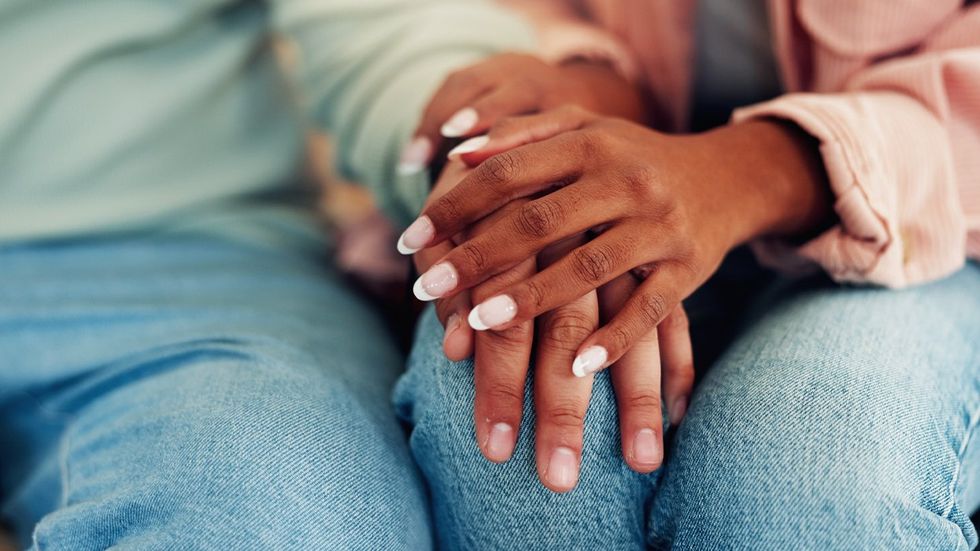How to heal LGBTQ+ spiritual trauma
For the past four years, I've been engaging in conversations with families, parents, and members of the LGBTQ+ community about how to heal queerphobia within ourselves and prevent it from occurring in future generations. I felt, though, that to be more effective in my advocacy, I would need to strengthen my spiritual practice and heal any "blind spots": areas in my life I haven't fully explored that are still a source of trauma and shame.A principle I learned that has completely changed the way I approach my advocacy is, "You can't take anyone further than you have gone yourself." This simple yet profound statement made me realize that I can only be as effective outwardly as the work I do on myself inwardly. This includes the specific practices and habits that shape my day-to-day life.As I've worked on my own healing, I've seen how many queer people have created spaces outside traditional religious settings to gather, celebrate, and connect with one another. While these places provide community and safety, they can also reflect the pain we haven't named. I've worked in environments where external beauty and confidence were celebrated, but no one asked what was happening internally.I've also worked with people who are learning to build something more honest from within.As a therapist, I hear what people often keep to themselves, and this is a far too common sentimentmembers of the LGBTQ+ community who walk into gay bars expecting connection and leave feeling more alone than when they arrived. Chris TompkinsOnTay JohnsonThe problem isn't with bars or parties themselves. Many of us never learned how to stay with our own pain, how to face it instead of running away, or how to see our worth without needing it to be proven by others.One of the deepest wounds is being taught from a very early age that a higher power is against us. The message doesn't disappear when we leave religious spaces. It remains with us in our collective psyche, shaping how we perceive ourselves and how we interact with one another.Recognizing ourselves as part of something greater reveals our connection to all creation. It frees us from fear and guilt, opening a way to more profound peace and an inner sense of love.With greater freedom comes greater responsibility. Our visibility and legal protections have expanded, but the work continues. Many of us still carry shame from early wounds: religious trauma, conditional love, and a culture that expected us to prove our worth. Pride flags and representation can't erase what was missing. Still, they're steps toward reclaiming the most essential journey any person can take. These symbols help us learn to accept and love ourselves fully, from the inside out.Where there's been rupture, there's also a chance for repair. We were wounded in a relationship, and it is through a relationship that healing begins. This isn't just a social or political issue; it's a spiritual oneand it calls for a spiritual solution.We don't have to wait for systems to change to begin our own work. I've met queer people who've reclaimed spirituality in ways that feel honest and self-directed. For some, it's prayer. For others, it's time alone, time in nature, or quiet reflection. What matters most is that whatever we do, it's something that helps us get closer to who we are. Not further away.We don't get to choose the messages we grew up with, but we do get to decide whether we continue to carry them. Some of the messages were handed down through family, religion, or culture without much thought. Still, they leave a lasting mark. This is especially true when it comes to the intersection of identity and faith. For many of us, being told we were sinful, broken, or unworthy created shame and left invisible scars that can take years to heal.But healing is possible. While healing is a messy and personal process, every step we take toward loving ourselves deepens our spiritual connection and changes the world around us.Voices is dedicated to featuring a wide range of inspiring personal stories and impactful opinions from the LGBTQ+ community and its allies. Visit Out.com/submit to learn more about submission guidelines. Views expressed in Voices stories are those of the guest writers, columnists, and editors, and do not directly represent the views of Out or our parent company, equalpride.




